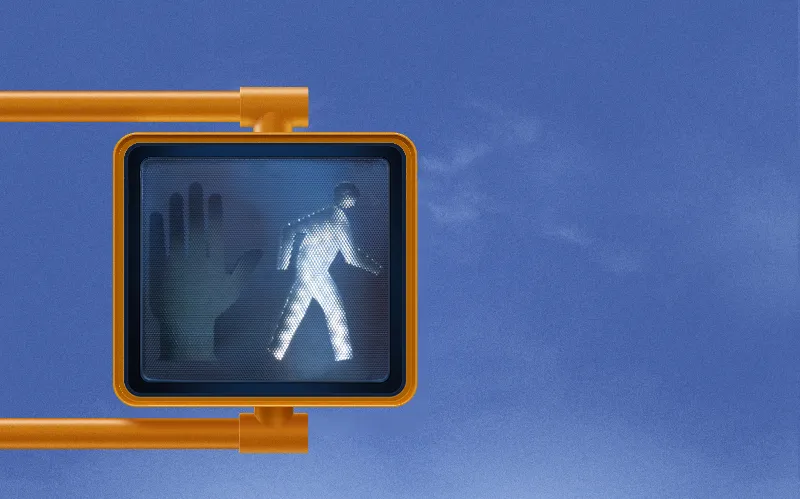3D Repo is creating 3D virtual reality visualisations to help simulate driverless vehicle routes as part of a US$130 million (£100 million) UK government-backed research project. Led by TRL, the project is part of the Smart Mobility Living Lab, located in Greenwich, London. The Living Lab provides a real-life environment where connected and autonomous vehicles (CAVs) can be developed, evaluated and integrated with the local community. 3D Repo’s cloud-based Building Information Modelling (BIM) collaboration
August 11, 2017
Read time: 1 min
3D Repo is creating 3D virtual reality visualisations to help simulate driverless vehicle routes as part of a US$130 million (£100 million) UK government-backed research project. Led by 491 TRL, the project is part of the Smart Mobility Living Lab, located in Greenwich, London. The Living Lab provides a real-life environment where connected and autonomous vehicles (CAVs) can be developed, evaluated and integrated with the local community.
3D Repo’s cloud-based Building Information Modelling (BIM) collaboration software combines with the latest virtual reality (VR) headsets, enabling visitors to the Living Lab to explore the local transport environment from the convenience of an 11th floor office.
Designed to showcase advances in online BIM projects and 3D visualisation techniques in the context of autonomous vehicle transportation, the 3D Repo simulator offers the potential for developing and testing CAV mobility services, including communication, physical, digital, vehicle and control centre infrastructure.









